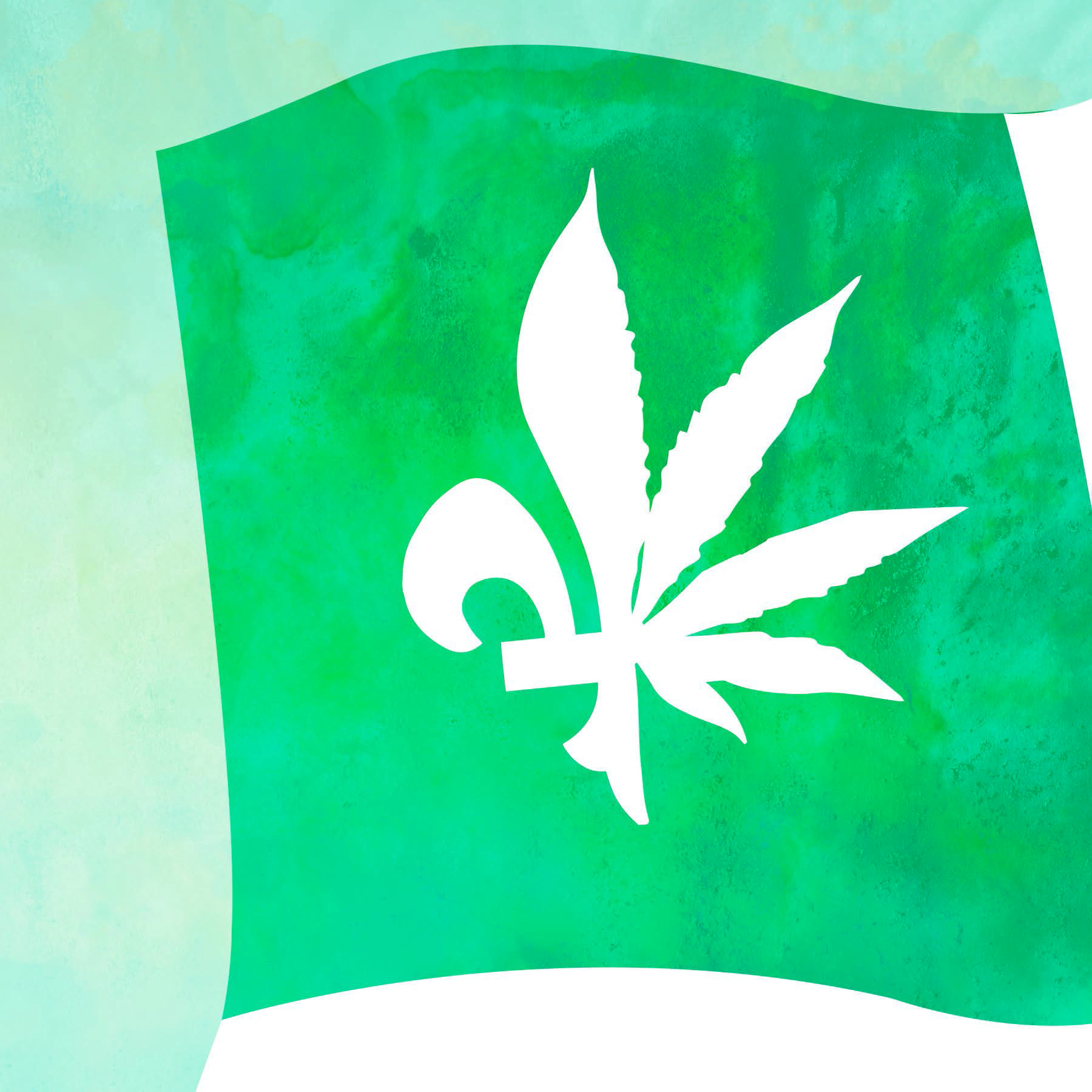Is social taboo the only thing keeping us from medical marijuana?
It is a substance that many politicians have tried, report never enjoying, and certainly never inhaled.
Marijuana has been back in the news as of late due to the opening of Montreal’s first medical marijuana clinic, Santé Cannabis. According to CBC News, Adam Greenblatt, the clinic’s executive director, said the goal is to “help facilitate access to legal sources of medical cannabis to eligible patients who meet certain qualifications.”
The clinic does not sell or distribute marijuana themselves. They simply prescribe it to patients referred to them, who then take that prescription to a licensed distributor.
Santé Cannabis is operating in an ethical grey zone. Although it is not illegal to provide such services, there are no regulations in place concerning administration or prescribed dosages of the substance.
The issue with medical marijuana, and the reason it went through the courts instead of through the standard systems is due to the social taboo surrounding it. As stated above, it is very rare that one will admit in a professional setting that they have enjoyed marijuana use. Silence on the subject is due to its perception as an addictive substance and as a gateway to more severe drugs and to other forms of moral depravity.
The main argument against its use in treatment has been the supposed addictive nature of marijuana.
At the time of writing, studies have been inconclusive on the truth behind this claim, often offering conflicting results. If it were proven the substance is highly addictive, it would be in good company in hospitals everywhere.
Many pharmaceutical drugs already in use are known for their addictive qualities. According to the Drug Abuse Warning Network (DAWN), the most addictive of these are found in opioid based painkillers, which are prescribed commonly under the brand names such OxyCotin, Percocet, Vicodin, Percodan, or Demerol. Similarly, many antidepressants are known for their addictive quality, often recommending a period of three to six months to detox.
Clearly, addiction is not something the pharmaceutical industry is unfamiliar with.
On the other hand, if implemented and regulated, medical marijuana may be of great use to many patients.
At the moment, evidence has largely taken the form of anecdotes from doctors working with self-medicating patients. In an interview on Nov. 9 with the Montreal Gazette, Michael Dworkind recalls the positive effects on some palliative care patients at the Jewish General Hospital who suddenly got their appetite back and had improved overall health. “‘Well, doctor,’ they said, ‘I had a toke.’”
If the issue is not the addictiveness or the ineffectiveness of medical marijuana, what is it?
The blame here lies not only in the overall taboo, but also in the negative image of smoking. According to a Concordian (who asked to remain anonymous for personal reasons), “it can be cooked in food or made into tea. I even know someone who takes it as a pill, although that is less effective.”
Perhaps the solution to our society’s general aversion to medical marijuana is simply to produce it in pill form under another name: just like every other medicine.





The 60’s is when Big Pharma began vigorously pushing pills.